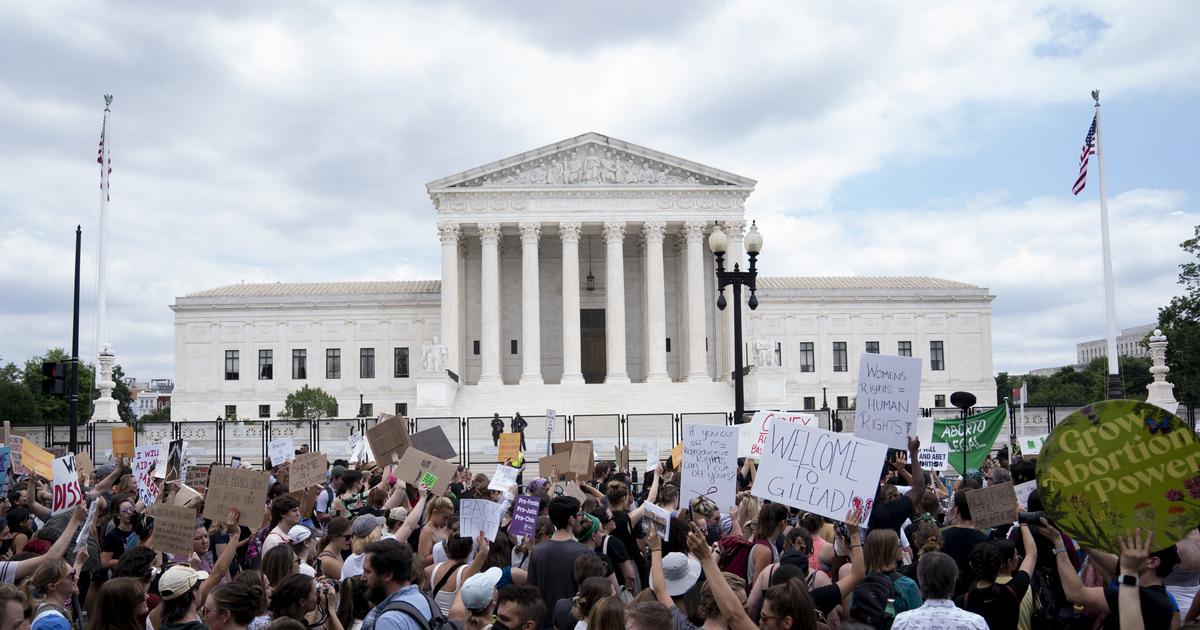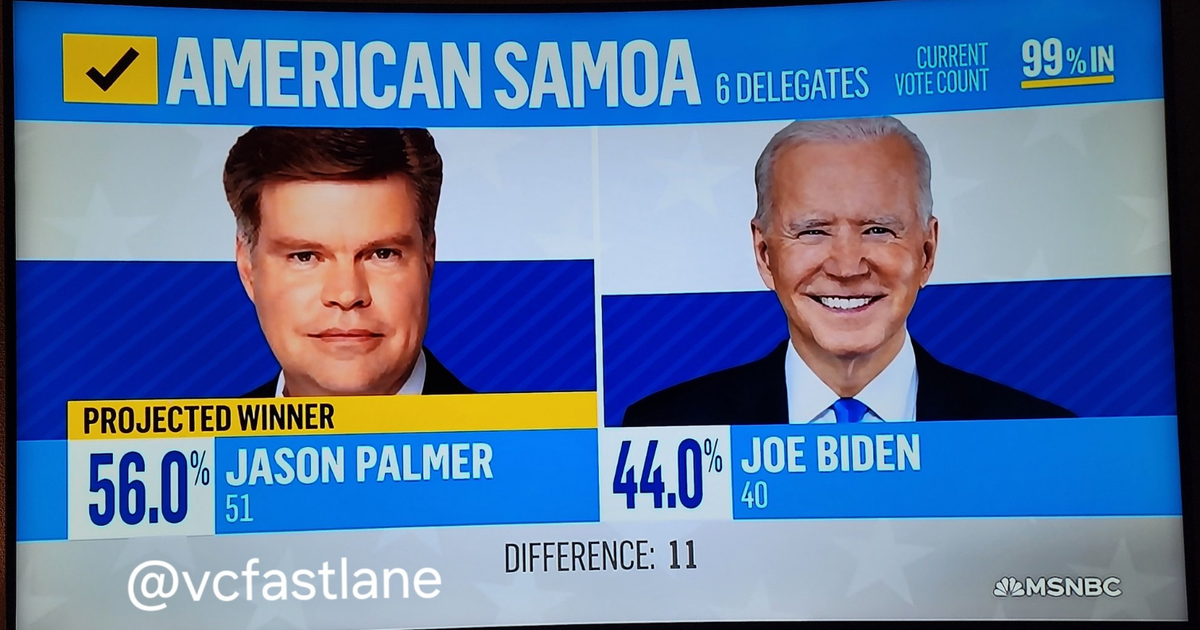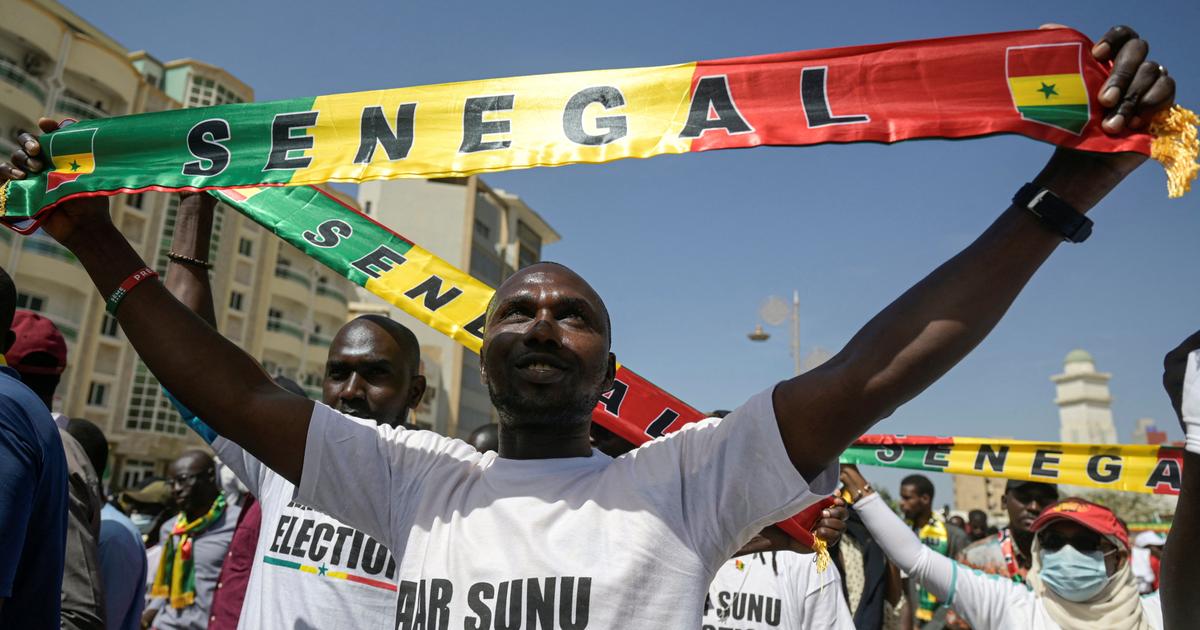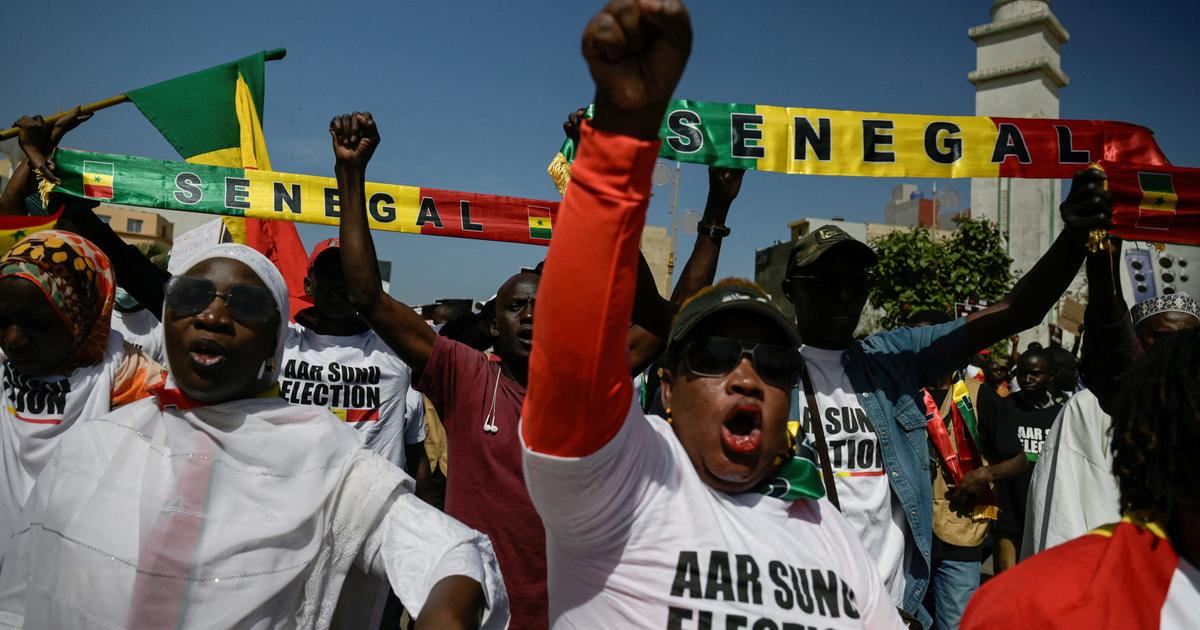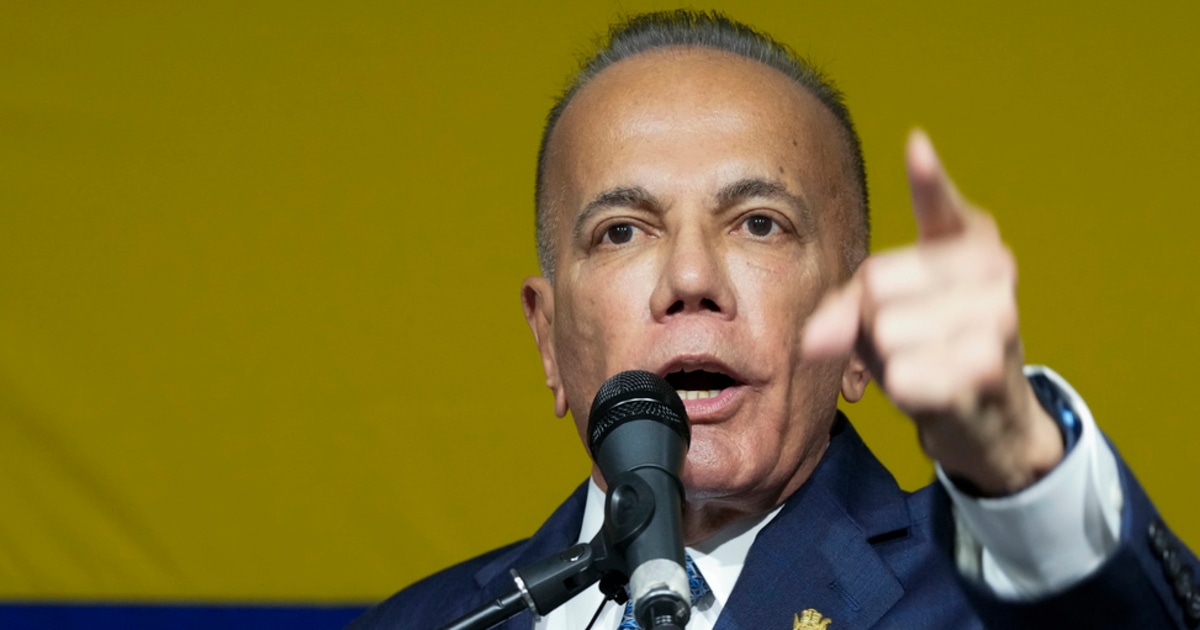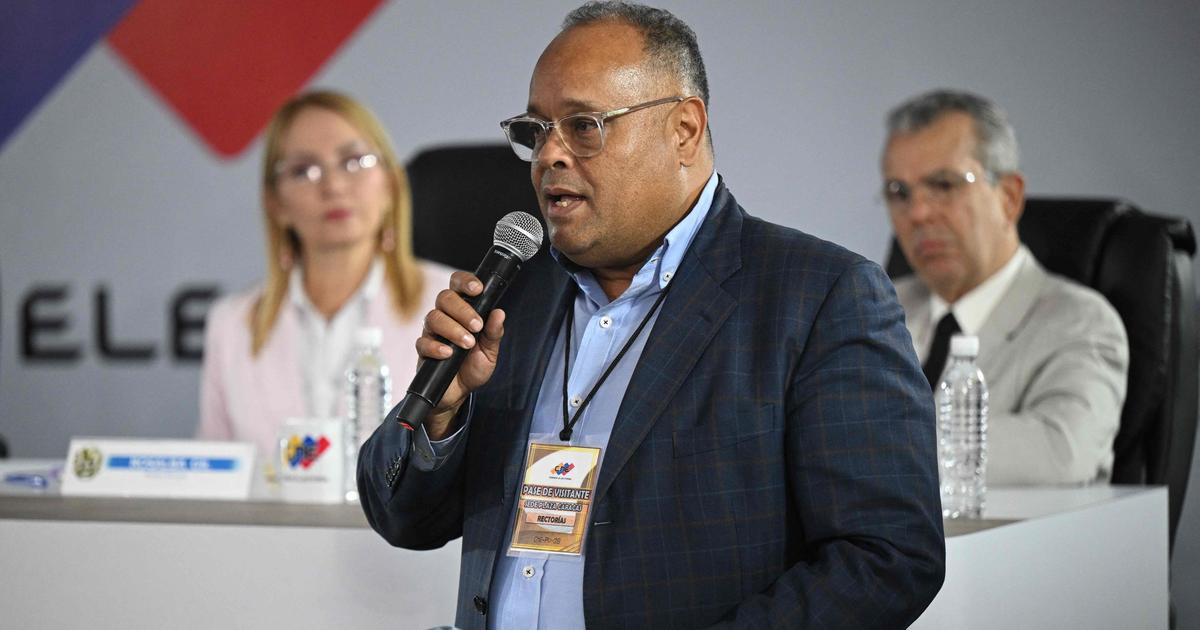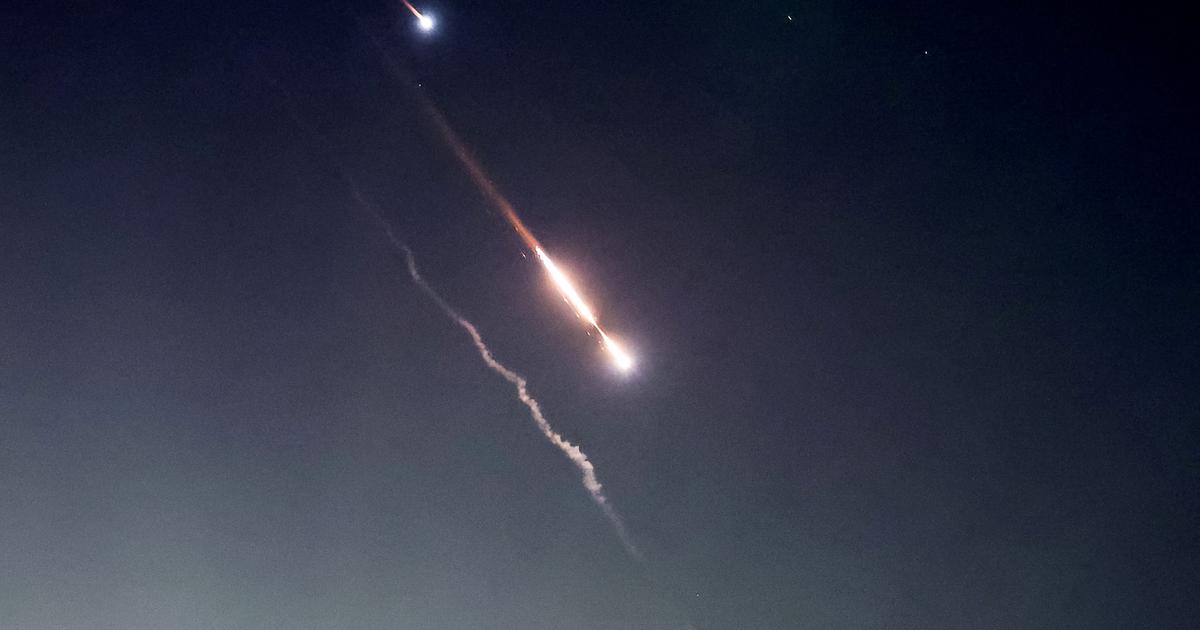Enlarge image
Election campaign with face mask: The left-wing liberal Yonhy Lescano is one of 18 candidates running for the presidency
Photo: Martin Mejia / dpa
The man who is polled to lead the field in the presidential election this Sunday once had a lot of buzz in Peru - Hernando de Soto.
Thirty years ago, the economist advanced as an advocate of a “market economy from below” to become the intellectual guru of then President Alberto Fujimori.
De Soto even had his own think tank, the "Institute for Democracy and Freedom" in Lima, until it was blown up in 1991 by the Maoist terrorist organization "Shining Path".
Now De Soto, who will soon be 80 years old, wants to win the election as Peruvian head of state.
One of his competitors: Keiko Fujimori, the daughter of his ex-boss.
Enlarge image
Long in prison: Ex-President Alberto Fujimori
Photo: HO / AFP
The university professor, whose parents were from Japan, ruled Peru for ten years, from 1990 to 2000. He has been in prison since 2007 and was sentenced to 25 years in prison for corruption and the use of death squads during his reign.
Yet he still has a sizeable following.
Fujimori's great hope is that his daughter Keiko will win on Sunday: She sees herself as her father's political heir and would probably pardon him immediately if she were to become president.
It is now her third attempt, and she has also been temporarily imprisoned for corruption allegations.
No candidate gets more than eleven percent
It is questionable whether Keiko Fujimori and de Soto are the right politicians to renew the Peruvian democracy, which has been eroded by corruption, bogus and nepotism.
Most parties and politicians have such bad repute in the eyes of the population that none of the 18 candidates come in at more than eleven percent in surveys.
With a probability bordering on certainty, there will therefore be a runoff election in June.
"Since Fujimori, all Peruvian presidents have been tried for corruption," says political scientist Fernando Tuesta of the Pontifical Catholic University of Peru.
Most of them sit or sat in jail, one fled to the United States, another took his own life when he was about to be arrested.
"That brought most of the politicians into disrepute in the population," said Tuesta.
Enlarge image
Demonstration for democracy in Lima (November last year): The Peruvian spring has suffocated in frustration
Photo: Rodrigo Abd / dpa
In any case, the field of candidates inspires little trust.
Among others are:
The ultra-conservative entrepreneur Rafael López Aliaga, who is said to be involved in money laundering and belongs to the arch-Catholic faith association Opus Dei.
He boasted that he regularly whipped himself whip when he thinks about sex.
Some see him as a "Peruvian Bolsonaro".
George Forsyth, a former goalkeeper of "Alianza Lima", who once sat on the reserve bench at Borussia Dortmund and made himself popular as district mayor because he took action against the hawkers.
The left-liberal populist Yonhy Lescano, who wants to fight the corona virus with sugar cane liquor.
It is impossible to predict who will win the race.
One thing is certain: the "Peruvian Spring" that some had hoped for after Martín Vizcarra's impeachment last November did not materialize.
At the time, demonstrators took to the streets until Vizcarra's successor, who had arbitrarily promoted himself to office through intrigue, had to resign.
In doing so, they did an invaluable service to Peruvian democracy.
But four months after the turmoil, the movement is as fragmented as the political parties.
It didn't help that Congress introduced a five percent hurdle based on the German model: The eighteen candidates are so close together in the polls that "five or six could get into the second round," according to political scientist Tuesta.
"That has never happened before".
Tuesta had advocated postponing the election - not for political reasons, but because it could become a superspreader event in the corona-tormented country.
In Peru voting is compulsory, last time the participation was over 80 percent, this time it should be even more.
"No politician has publicly advocated a postponement," said Tuesta.
"They shirked because some would have benefited and others would have lost."
This could prove fatal for the development of the pandemic.
In no other South American country have so many people died of Covid in relation to the population as in Peru.
The third wave is currently raging - and it threatens to become even worse than the first two.
On Tuesday, the Ministry of Health announced that 314 people had died from the virus within 24 hours, more than ever before.
Voters fear the virus
Because of the pandemic, the election campaign took place mainly on television and on the Internet, "that slowed the enthusiasm of the voters," said Tuesta.
"The main thing people are doing is figuring out how to vote without getting infected."
Even if there is a clear winner on Sunday and he also clearly decides the runoff election, it is unlikely that political stability will return with the new president.
In addition to the new head of state, a new parliament will also be elected on Sunday.
According to surveys, this will be even more fragmented than the field of candidates in the presidential election.
For the new head of state, it means that he will probably not have a parliamentary base - and that in times of a pandemic and a dramatic economic crisis.
The chances are great that the new man or woman will vacate the presidential palace before the end of their term of office.



